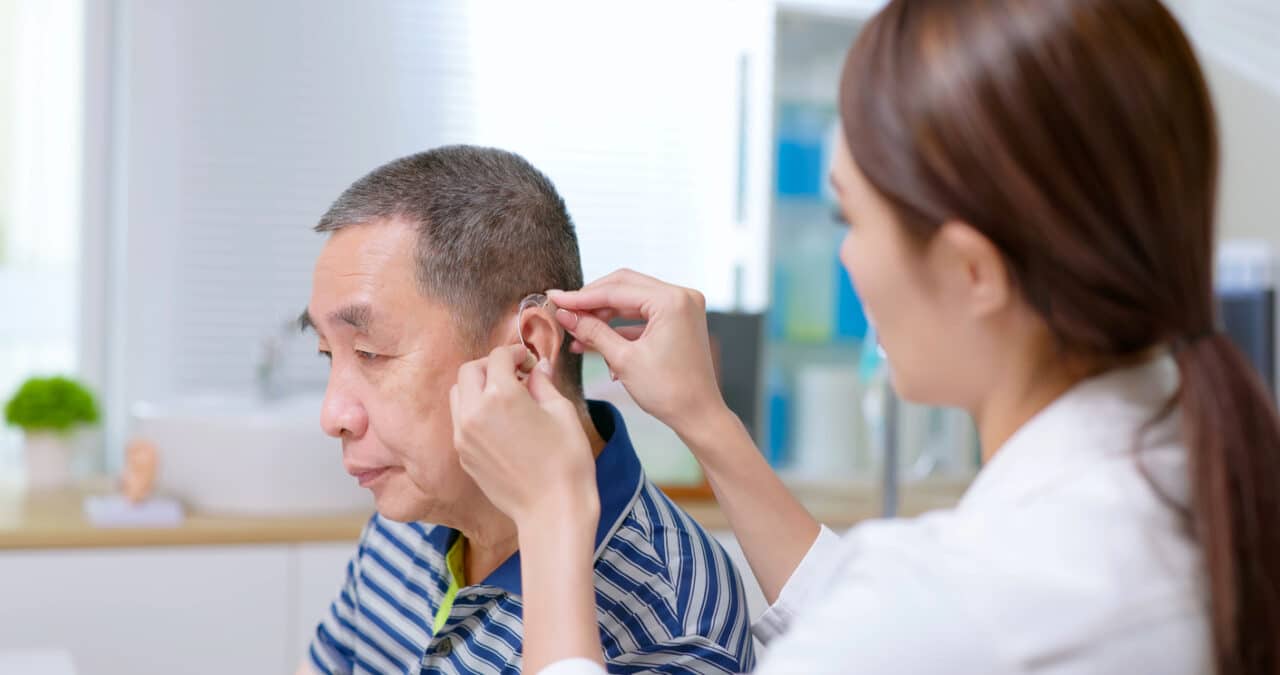Tinnitus is a ringing, buzzing, roaring or clicking noise in the ears that cannot be heard from the outside. Affecting approximately 10% of the U.S. population, tinnitus can range from mildly bothersome to severe. Severe cases can interrupt your sleep and cause headaches, irritability and stress.
While there is no known cure for tinnitus, several management techniques may be effective in reducing the severity of your tinnitus.
Sound enrichment therapy is one such symptom management technique your audiologist may recommend. Let’s examine what sound enrichment therapy is and how it can be implemented.
How Does Sound Enrichment Therapy Work?

Individuals with tinnitus often report that their symptoms worsen in quiet environments. When external noise is absent, our brains have nothing to focus on but the internal buzzing. Sound enrichment therapy provides the distraction our brains need to stop focusing on tinnitus noise. By playing a background noise, sound enrichment devices can decrease awareness of your tinnitus noise and the associated symptoms.
Devices for Sound Enrichment Therapy
Sound enrichment therapy is a simple but effective method of improving the adverse symptoms associated with tinnitus. Two devices to consider when beginning sound enrichment therapy include:
- Hearing aids. Many hearing aids come equipped with sound masking technology. Your devices can distract from tinnitus noise by amplifying external sounds like speech or background noise or emitting a low white noise when external sound is absent.
- Noise machines. White noise machines have long since been a great tool for helping people sleep, but they can also be effective sound enrichment therapy devices. Try using a tinnitus-specific sound machine or a white noise machine equipped with multiple different sound options whenever you need a break from your symptoms.
If tinnitus impacts your sleep or prevents you from enjoying a quiet picnic at Hagood Park, sound therapy may be an effective symptom management method. For more information on managing your tinnitus symptoms, contact Elevate Audiology today to make an appointment with one of our audiologists.
